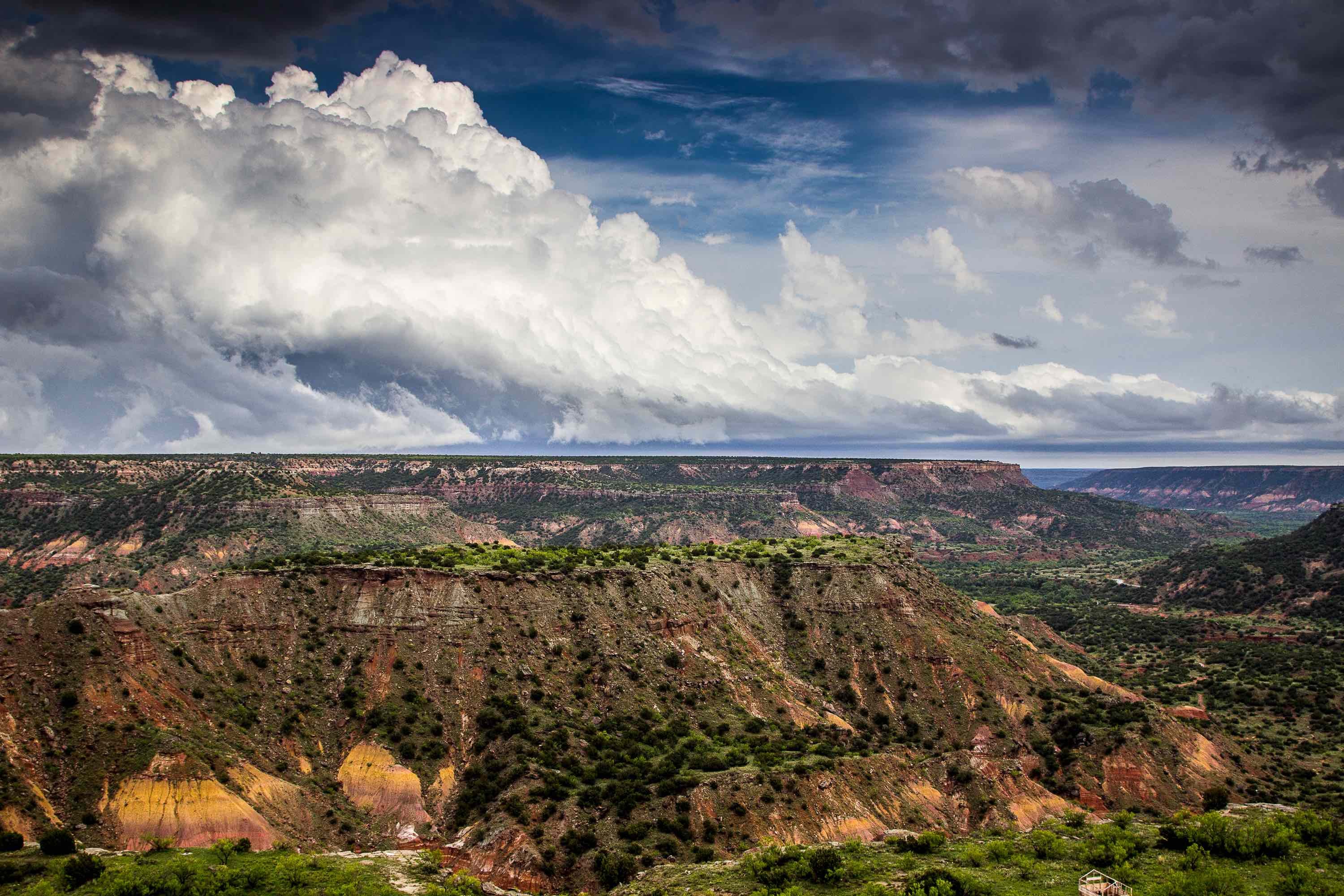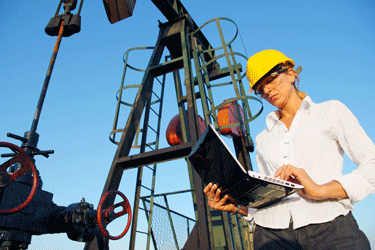When you’re investing in oilfield assets, there is a potential risk that you are investing in a field of environmental problems. The value of the assets is based on the continuing stability or potential of the income stream from those assets. That is why it is important to do environmental due diligence when it comes to oilfield assets.
What Is Due Diligence?
Due diligence involves a potential buyer taking reasonable steps to assess and verify the condition of an asset before finalizing its purchase. When it comes to buying oilfield assets, due diligence must include identifying environmental issues associated with the oil and gas operations before acquiring the asset. It helps to reduce the uncertainty surrounding the purchase and potential liabilities.
There are three goals when it comes to environmental due diligence and oilfield assets.
· Identify potential risks
· Quantify the risks identified
· Allocate liabilities based on quantified risks
What Happens During Due Diligence?
During the due diligence portion of a sale, the buyer can hire an environmental consultant to do a site assessment, asset inventory, and review of all regulatory records related to the oilfield. A typical assessment would include the following, plus much more:
· Check the soil, groundwater, and surface water for potential contamination.
· Review emission and discharge limits.
· Verify that all relevant permits are in place and if they are transferable to a new owner.
· Look at the oilfield's reporting and record keeping.
· Assess the health and safety record of the assets.
· Identify any new, proposed, or pending requirements.
· Examine any claims, contracts, or governmental documentation around the assets.
· Talking with regulatory agencies (requires seller's permission).
This assessment also involves looking for distinct issues around oilfield assets. This includes plugged/abandoned wells, tank/pipeline spills, air permits, saltwater seepage, and waste management/disposal.
Do I Need Due Diligence If I'm Buying Oilfield Assets?
The answer to that question ultimately comes down to what level of risk you are willing to take when it comes to the oilfield assets. Buying an oilfield without taking the time for due diligence carries a high risk level.
Taking the time and expense upfront for a due diligence assessment by a professional environmental consultant is generally a wise investment. The assessment can identify assets that have significant environmental problems that could pose long-term liability issues. It can also quantify those problems and the costs associated with correcting or mitigating them. The costs may be too high to go on. Or, those costs may be negotiated into the contract. With the assessment in hand, the buyer can make an informed decision.
The Environmental Consultants at Talon/LPE can perform an environmental assessment of oilfield assets. Give us a call today.
What Is Due Diligence?
Due diligence involves a potential buyer taking reasonable steps to assess and verify the condition of an asset before finalizing its purchase. When it comes to buying oilfield assets, due diligence must include identifying environmental issues associated with the oil and gas operations before acquiring the asset. It helps to reduce the uncertainty surrounding the purchase and potential liabilities.
There are three goals when it comes to environmental due diligence and oilfield assets.
· Identify potential risks
· Quantify the risks identified
· Allocate liabilities based on quantified risks
What Happens During Due Diligence?
During the due diligence portion of a sale, the buyer can hire an environmental consultant to do a site assessment, asset inventory, and review of all regulatory records related to the oilfield. A typical assessment would include the following, plus much more:
· Check the soil, groundwater, and surface water for potential contamination.
· Review emission and discharge limits.
· Verify that all relevant permits are in place and if they are transferable to a new owner.
· Look at the oilfield's reporting and record keeping.
· Assess the health and safety record of the assets.
· Identify any new, proposed, or pending requirements.
· Examine any claims, contracts, or governmental documentation around the assets.
· Talking with regulatory agencies (requires seller's permission).
This assessment also involves looking for distinct issues around oilfield assets. This includes plugged/abandoned wells, tank/pipeline spills, air permits, saltwater seepage, and waste management/disposal.
Do I Need Due Diligence If I'm Buying Oilfield Assets?
The answer to that question ultimately comes down to what level of risk you are willing to take when it comes to the oilfield assets. Buying an oilfield without taking the time for due diligence carries a high risk level.
Taking the time and expense upfront for a due diligence assessment by a professional environmental consultant is generally a wise investment. The assessment can identify assets that have significant environmental problems that could pose long-term liability issues. It can also quantify those problems and the costs associated with correcting or mitigating them. The costs may be too high to go on. Or, those costs may be negotiated into the contract. With the assessment in hand, the buyer can make an informed decision.
The Environmental Consultants at Talon/LPE can perform an environmental assessment of oilfield assets. Give us a call today.


